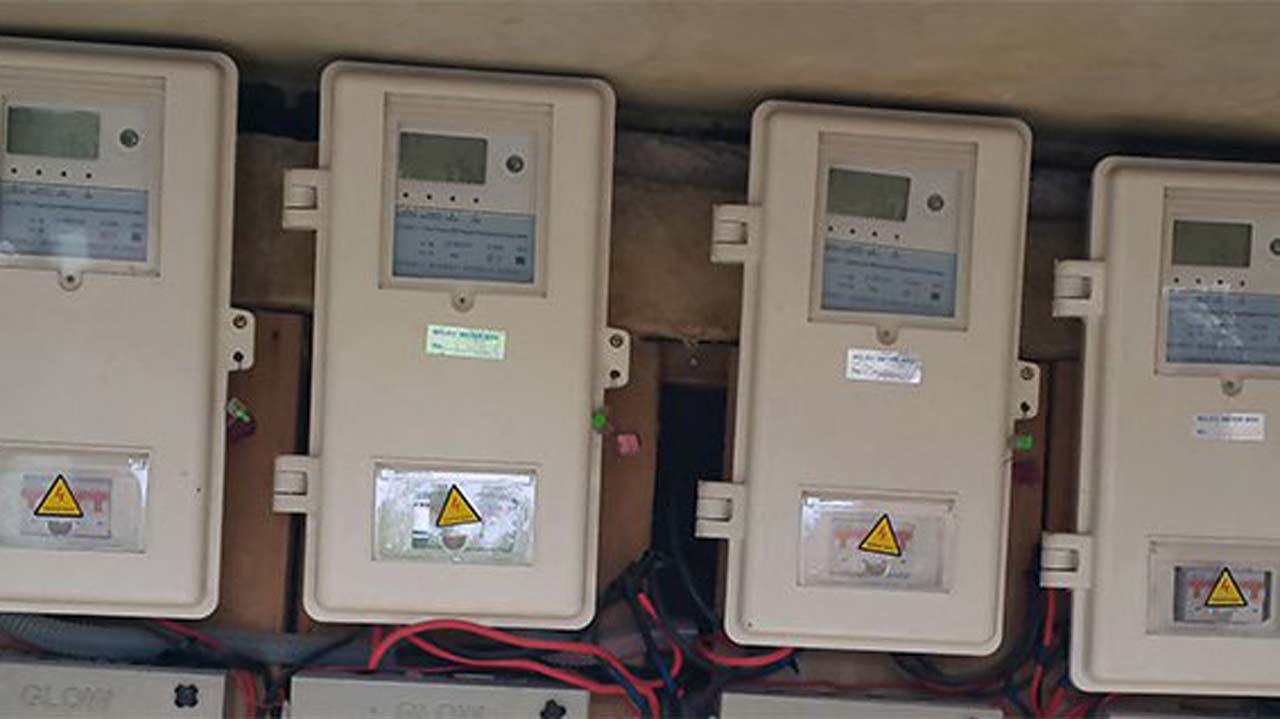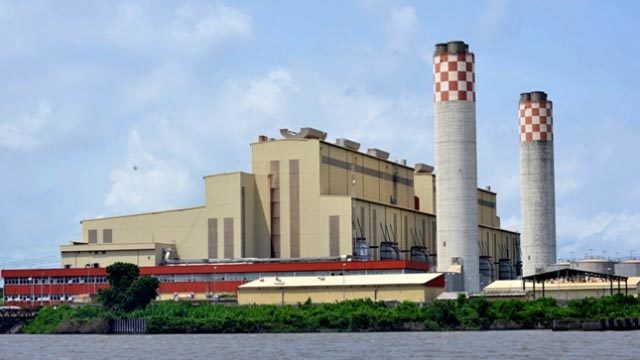The Interim Managing Director/Chief Executive Officer of the Transmission Company of Nigeria (TCN), Usman Mohammed has given a graphic detail on why access to multinational funding is easier in financing power schemes in Nigeria.
In an interview, he said because of the core function of wheeling power, stabilising the grid and ensuring qualitative electricity delivered in Nigeria, his team “need to reassess the TCN in order to see what we could do to make it become an organisation that could meet its objective”
“So in doing that, we had to come up with a programme, which is the Nigeria Transmission Rehabilitation and Expansion Programme. Now, this programme seeks to expand the capacity of the country’s transmission arm of the power sector, to make it what we call N-1 reliability capacity, whereby anywhere you have a unit or the requirement of a unit, that unit should be multiplied by two. This will ensure that if you have a failure on that unit, the people in that area should not be shut out of power, and that is the concept of N-1. So for us to do that, we need to put in a programme.
Mohammed gave further insight on why he went for the foreign facility for the stability and expansion oif national grid system, saying “There are various ways by which the TCN can raise money”.
“We can raise money through the wheeling of power, which is from the charges that we bill the Nigerian electricity market for wheeling power. We can also raise money by using something like contractor financing. The third option is for us to use multilateral donors.
“Now, the first two options are not readily available for the TCN and the reason is that what we get from the market is less than 40 per cent of our invoice, and so it is barely enough to pay salaries, do our operations and expand the grid. Of course, when salaries and other operations are taken care of from 40 per cent, there will be nothing left for us to use to expand the grid.
“The second option too is not available. If you say contractor financing, you have to also get and set aside your revenue in order to be able to meet your obligation when they crystallise. So, the only option we have is for us to ask the government to support us in getting multilateral donor finance.
“That is the reason why we presented our programmes to multilateral donors. But you know it is not automatic that if you give your programmes to multilateral donors, they will accept. This is because multilateral donor funding is the cheapest money you can ever find.
However, TCN boss averred that “The least you can get from donors is a grant element of about 40 per cent. Every multilateral donor has a moratorium period which you cannot get in any other form of finance. So they always require you to also put some things in place. They will look at your implementation capacity and your procedure and will ask you questions. This means you have to address certain things before they will give you the money.
On some of the things they asked the TCN before agreeing to release funds to the company, Mohammed revealed that “One of the things they asked us was the issue of our failure to implement projects very well in the past. And we had to address that. Now, one of the reasons why we had been failing in implementing projects very well in the past was our inability to recruit contractors that are qualified”.
“So they (multilateral donors) now came up and said that we (TCN) have to increase the qualification criteria in order not to have unqualified contractors. We had to agree. Now, in giving us that one, we also went to them and told them that we had a problem with them. It takes a long time for a project funded by a multilateral donor to be completed. From preparation to the effectiveness of the project, it takes a long time.
“Again, we said that it normally takes about one year to prepare such kind of projects and it takes about another year to procure the project. But we believe that both the preparation and procurement can take place simultaneously in some cases. And so we insisted that they have to accept that we prepare and procure the projects simultaneously.
“They listened and agreed. So it became a win-win situation because we extracted something from them and they also extracted something from us. That was how we launched the programme.
Some of the facilities so far received by TCN include $486m from the World Bank, $210m from the Islamic Development Bank, $454m from the African Development Bank, and $200m from the Japan International Corporation Agency.
He was however quick to note that “We have not yet signed the loans but we have agreed to work together with them”.









